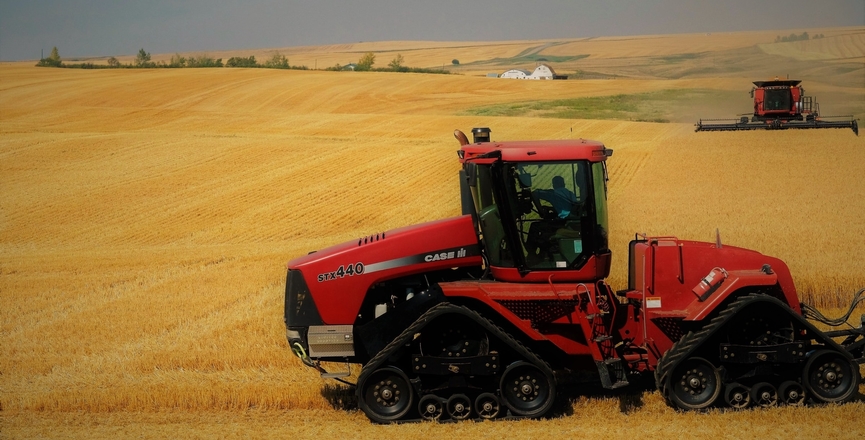Parts of Canada are deep into the red zone, while other parts of the country peer over the edge, wondering if their communities will be next. In the midst of all of this, it might be helpful to recall the impact of our actions back in the spring.
When Canada entered lockdown in early March, there was an almost immediate reaction to hoard. Almost overnight, it seemed nearly impossible to find things like toilet paper or bread yeast, or even flour. Hand sanitizer was gone minutes after being restocked. As news outlets magnified shortages, it often felt like panic was setting in.
People started to wonder if there would be enough food going forward. Seed to plant gardens was a hot item last spring. Facebook turned into a spot to sport your latest bread creation. And many people decided to try community shares for the first time.
The pandemic created fear for some, visions of pandemonium for others, and, in some cases, deep reflection.
The outcome has been some interesting, first-time initiatives, steeped in remote work and virtual engagement.
One of these is a network of public relations professionals and students who work pro bono to feed an online platform called Farmwork to Feed Canada. (F2FC)
This website is basically born of fears surrounding food security, the quest for knowledge about agriculture, and a sense of helplessness and wanting to do more. Public relations professionals and communications students, with time and energy to contribute, have come together to tell stories about farm labour, agriculture and food issues.
“The reality is that most Canadians do not know much about food issues — they do not understand issues of farm to plate,” notes Mark Gregory, founder of Farmwork to Feed Canada. “What I have learned in my 35-year career, is that good communications can make the difference between success and failure.”
A self-professed newbie to food, agriculture and agri-business issues, Gregory is a kind-hearted public relations practitioner, and a member of the Canadian Public Relations Society (CPRS), as well as the International Association of Business Communicators (IABC). He is also a marketing professor at McMaster University in Hamilton. Gregory notes that during his career, he has forged contacts across Canada, and has called on many to support the work of F2FC.
Concerns about pandemic-related impacts such as on-farm labour and food shortages, and communications students with few internship or job prospects, led Gregory and like-minded colleagues to create the website and mentor students eager to put their skills to work. The website was launched in August, after months of organizing. Gregory hopes Farmwork to Feed Canada will outlive this pandemic and better prepare us for what comes next.
It’s an interesting collaboration, with about 75 people from across Canada logging on to upload content. The hope is that at least 25 per cent of those involved with F2FC will be students who are studying communications or who are recent grads.
Farmwork to Feed Canada stories are sourced by students and senior editors. Content research and stories are written by students and edited by seasoned professionals. The site also includes a job board with related volunteer or paid positions linked to job portals from across the country.
The goal is to collaborate with a number of stakeholders. Partners to date include the Canadian Centre for Food Integrity and the Ontario Greenhouse Vegetable Growers, among others.
The articles run the gamut from stories of small farm operations, to the next generation of farmers, through to the importance of supply management, and more. Some of the information posted could use more research, and a better variety of alternative sources, but with time, hopefully the more difficult topics will see improved content as the writers learn the depth of agriculture and food issues. It is a steep learning curve.
That said, I am always happy to welcome city slickers keen to learn about the challenges of Canada’s food system. And there are many, as this pandemic is showing, not the least being that many urbanites are only now sitting down at the table to dig in.
Go for it! Some of us have been waiting for you for quite some time!
Lois Ross is a communications specialist, writer and editor, living in Ottawa. Her column “At the farm gate” discusses issues that are key to food production here in Canada as well as internationally.
Image: Elmarie van Rooyen/Unsplash




